2025 ACM Awards
We’re beyond thrilled to celebrate our incredible MAX artist partners who’ve secured nominations for the 2025 Academy of Country Music Awards—our...
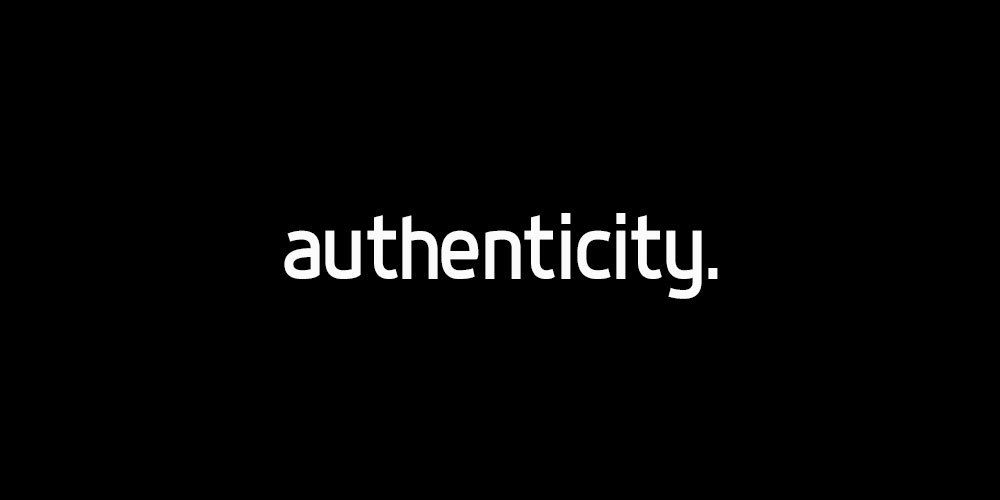
The foundation of any successful brand-artist partnership is authenticity. Without it, messages come across as phony and fall flat, and the critical millennial consumer tunes out (or worse). Artists have historically viewed brand partnerships with a skeptical eye, but as artists navigate the new landscape of a music business with thin margins and fragmented distribution, they’ve realized that new sources of revenue and exposure are crucial to their survival. This is where brands fit in, injecting a new source of revenue and providing a promotional platform for partner artists — “fit” being the key word here. The correct fit and alignment of artist and brand needs to be the foundation of any credible marketing effort leveraging musical artists (and their content) to reach millennial consumers; millennials sniff out inauthentic commercialism no matter how convincing the spokesperson.
Speaking at an Advertising Week Europe conference recently, Bob Workman, VP of Brand Partnerships at Warner Music said “Gut feel on what fits is important, but pretty much every decision we make is underpinned by data these days. Rights are not overly complicated, but we’re trying to make it easier. As an industry, we’re a lot better at making brand partnerships work than we were a few years ago.” Sometimes brands get it wrong, but tuned-in artists know which brands feel right for them (primarily, the ones they actually like, consume, and patronize). The recent case of Ellie Goulding rejecting sponsorship flirtations from Coca-Cola is a prime example of how astute artists and their managers understand the importance of authenticity in brand/artist partnerships. Cassandra Gracey, Goulding’s agent who was speaking at the same conference, said “There has to be an authenticity in a deal. Ellie wouldn’t do a deal with Coca-Cola, because she doesn’t drink it.”
The now infamous Lady Gaga / Doritos pairing at 2014’s South By Southwest was deemed a $2.5 million disappointment as the singer refused to play certain songs Doritos requested during her widely panned, profanity-laden set. According to The Hollywood Report, one Doritos executive whose song request was rejected remarked, “I paid [her] $2.5 million; I better hear ‘Alejandro.'” Whether or not Gaga’s partnership (and resulting earned media) sent chips flying off the shelves is unknown, but it is clear the match was not made in heaven.
As the proliferation of artist-brand partnerships continues, artists and brands must both be acutely aware of not only their core values, but also the potential negative impact on brand affinity should they choose the wrong partner. Both parties have lots to gain…or lose.
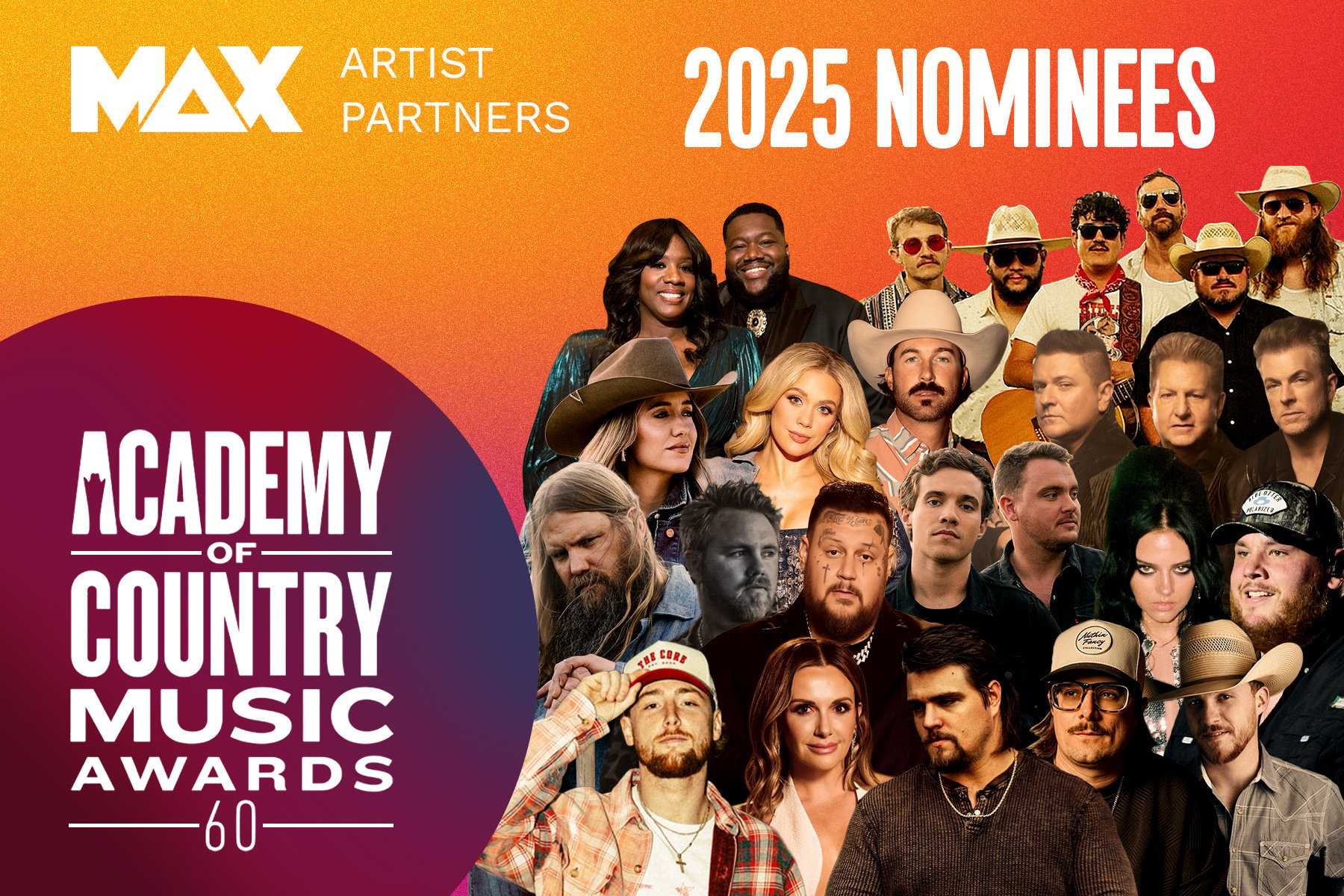
We’re beyond thrilled to celebrate our incredible MAX artist partners who’ve secured nominations for the 2025 Academy of Country Music Awards—our...
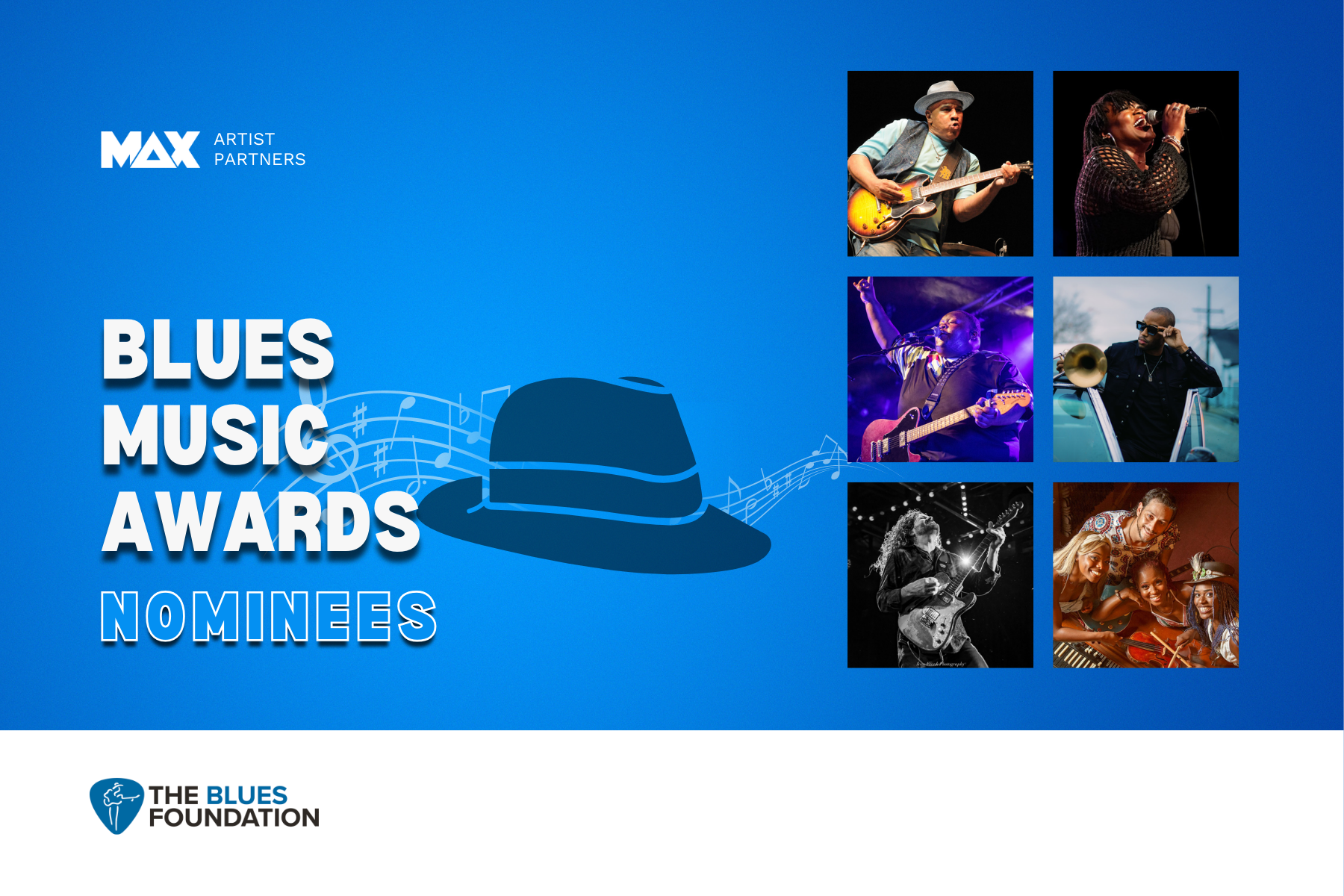
We’re fired up to celebrate our incredible artist partners who are nominated for the 2025 Blues Music Awards! 🎶🏆Blues music may be timeless, but...
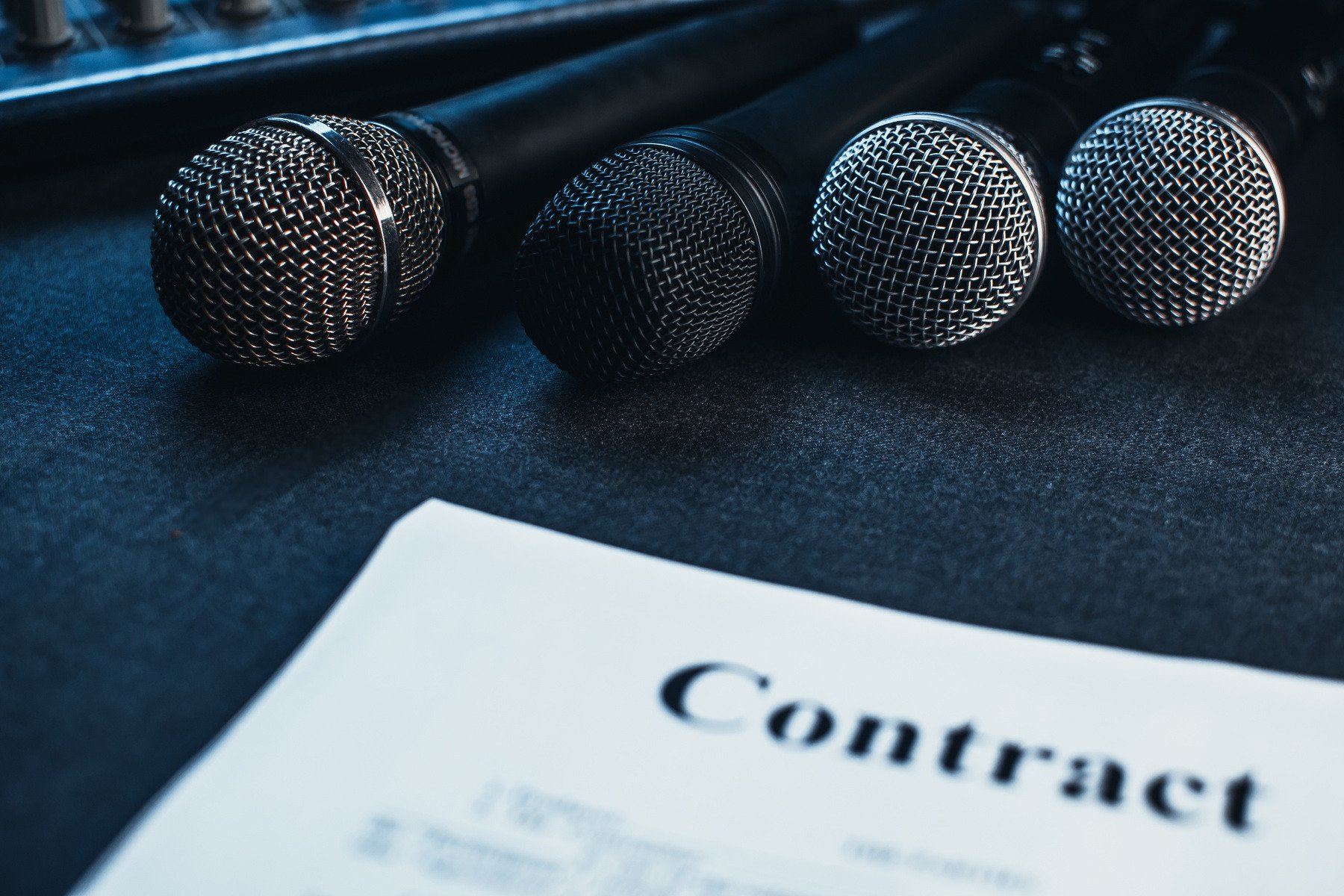
It’s a common question: what drives the cost of an artist partnership up (or down)? I mean, an artist’s fee can range from four to seven figures…and...
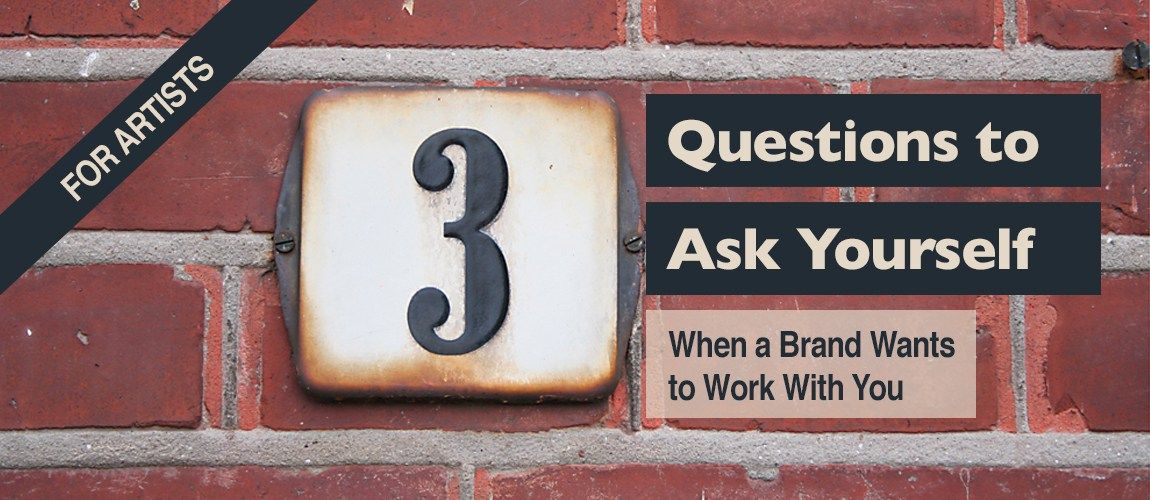
As an artist, you may at some point be approached by a brand that wants to partner with you – and not in the traditional “I’ll give you money to sing...
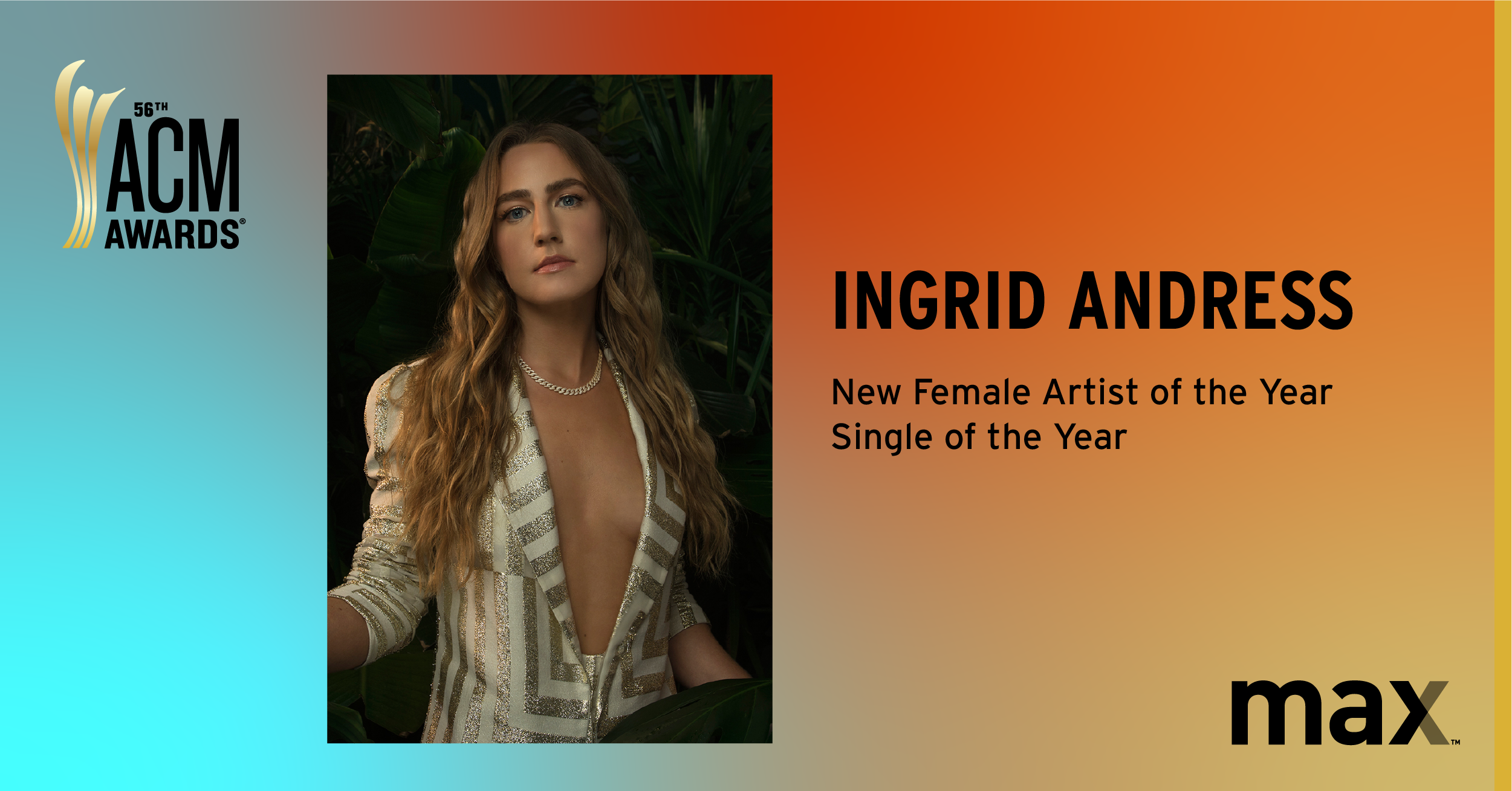
ACM nominations are out! We are so excited that SIX of the artists we’ve partnered with at MAX have received nominations— some of them in multiple...
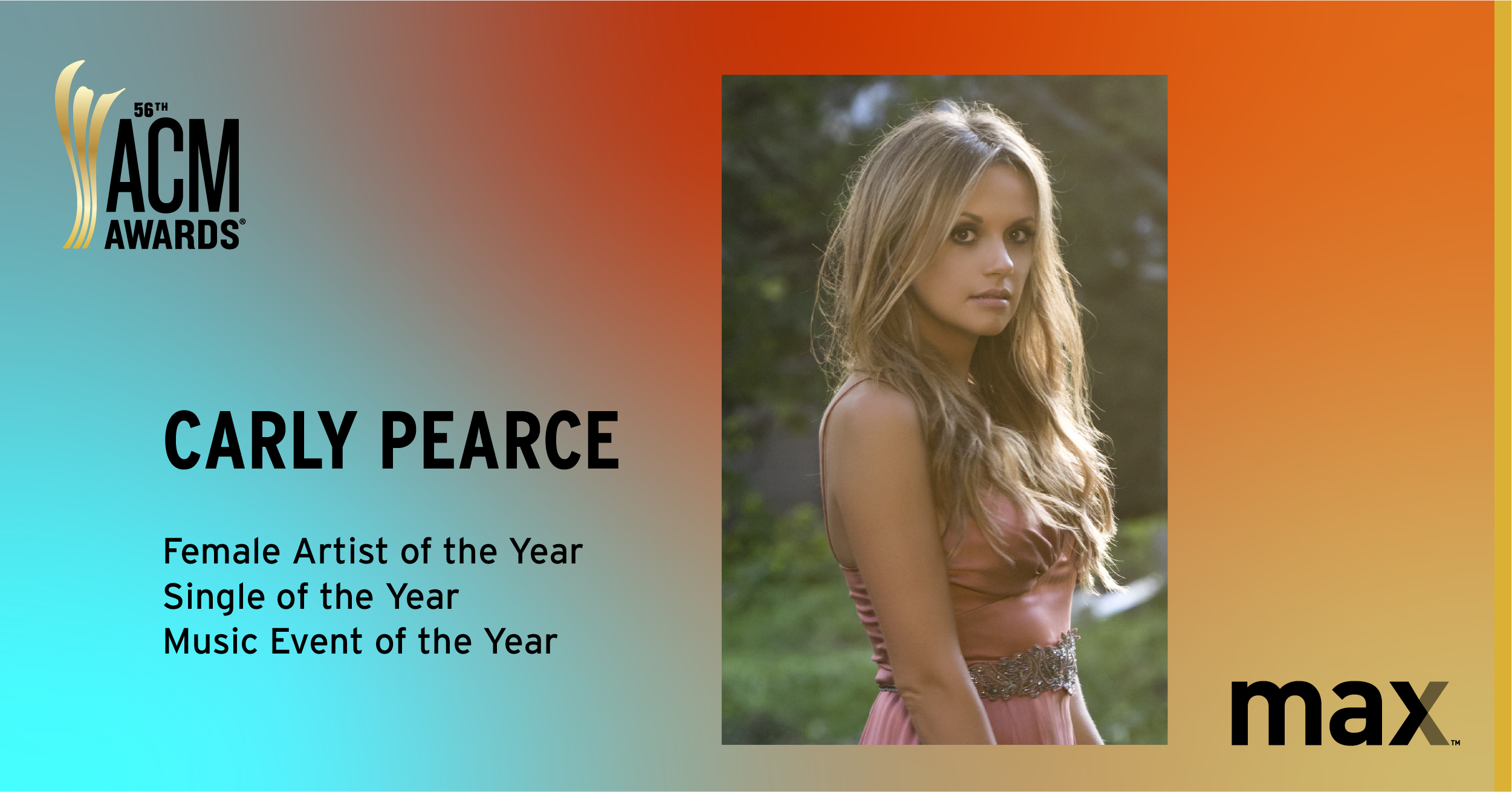
ACM nominations have been announced! We are so excited that SIX of the artists we’ve partnered with at MAX have received nominations— some of them...